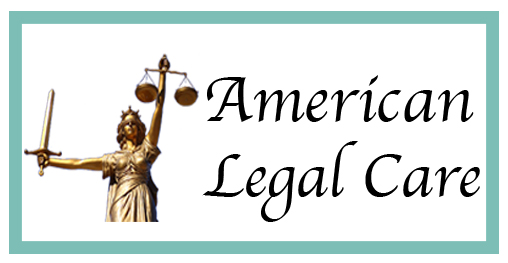Bankruptcy Lawyer
Debt is something that many people across the country struggle with. When debt becomes so out of control, some individuals turn to bankruptcy as a solution. It is not the ideal solution for many, but it can bring much relief, allowing you to start over and better manage your debt. There are several types of bankruptcy, so finding out which one you are eligible for and which work best for your situation is important. A bankruptcy lawyer like one from The Law Offices of Neil Crane can assist you with understanding the differences between some of the most common types of bankruptcy, Chapter 7 and Chapter 13.
What Is Chapter 7 Bankruptcy?
Chapter 7 bankruptcy is one of the most common types of bankruptcy filed. Both individuals and businesses can file for Chapter 7 bankruptcy. To file for Chapter 7, there is a means test that must be met in order to file. In addition, there is a maximum limit of unsecured debt that can be discharged. Chapter 7 bankruptcy generally takes only a few months to complete.
Not every type of debt can be eliminated under Chapter 7 bankruptcy though, including child support, new credit card debt, and student loans. To be sure if your debt is eligible, talk to a lawyer who can help you go over the requirements and exceptions.
What Is Chapter 13 Bankruptcy?
Individuals who file for Chapter 13 bankruptcy have the opportunity to restructure or reorganize their debt. If you want to keep your property, struggle with making payments on time or keeping track of multiple types of debt, Chapter 13 may give you the most benefits. By filing for Chapter 13 bankruptcy you can develop a new repayment plan to make single monthly payments which are stretched out over several years. The process is much slower and it is important that you do not miss a payment.
The differences between the two can be confusing to learn. Understanding the differences between the types of bankruptcy is essential so that you are aware of how they immediately impact your financial situation and the consequences associated with them. For more information, talk to a bankruptcy lawyer who can assist you and explain which one you may be eligible for.
What One Is Right for Me?
Only a bankruptcy lawyer can give you the accurate information you need in order to learn if bankruptcy is an appropriate solution. If you want to avoid bankruptcy, there may be other alternatives that you can look into, such as debt consolidation. Contact a top bankruptcy lawyer now for a consultation today.
